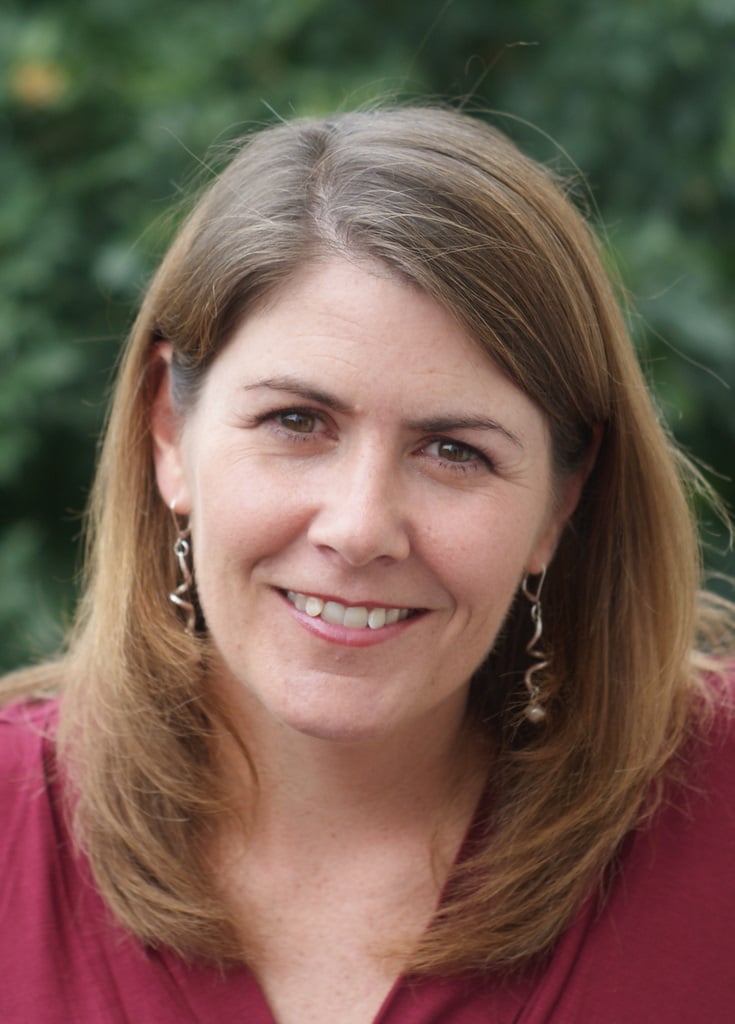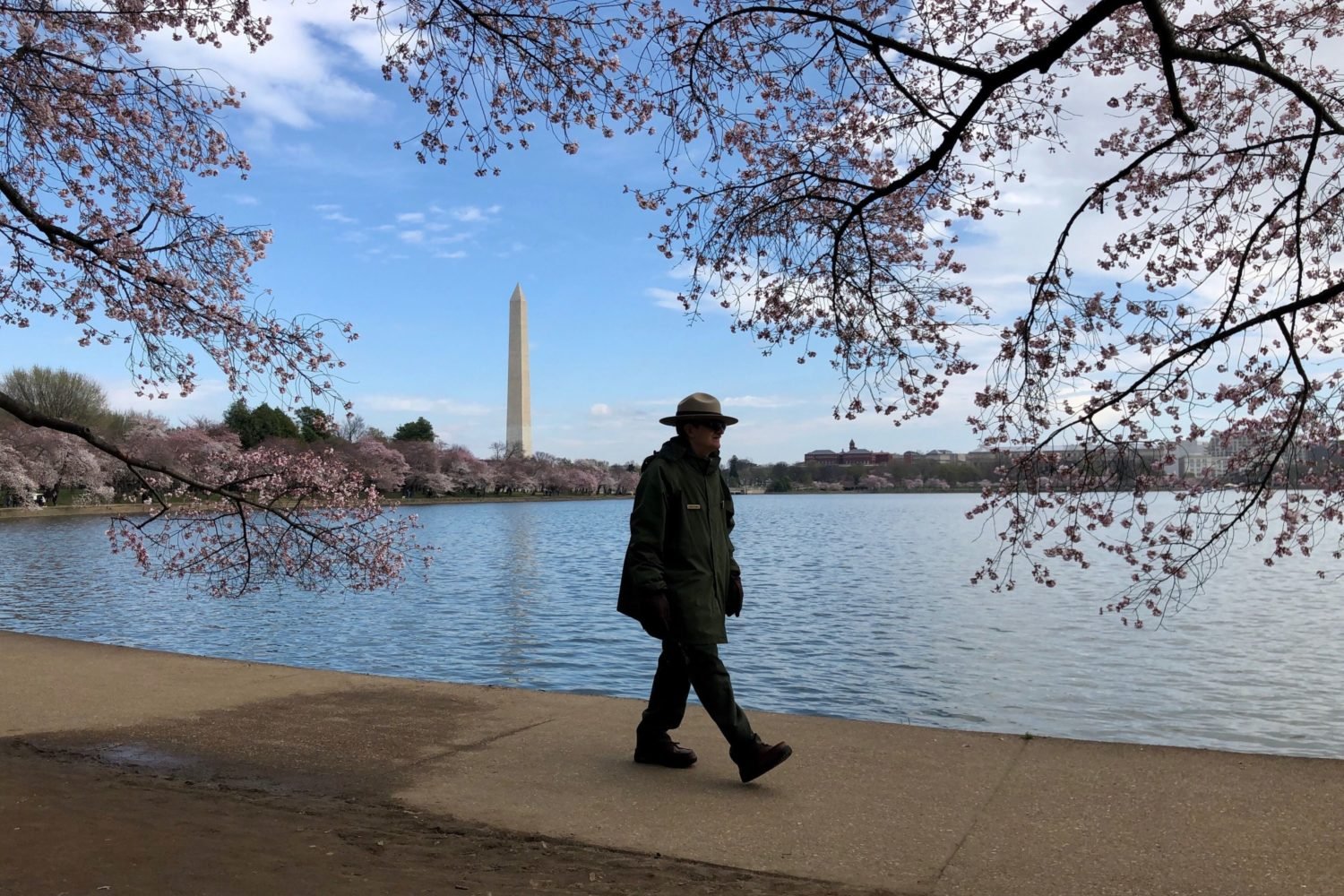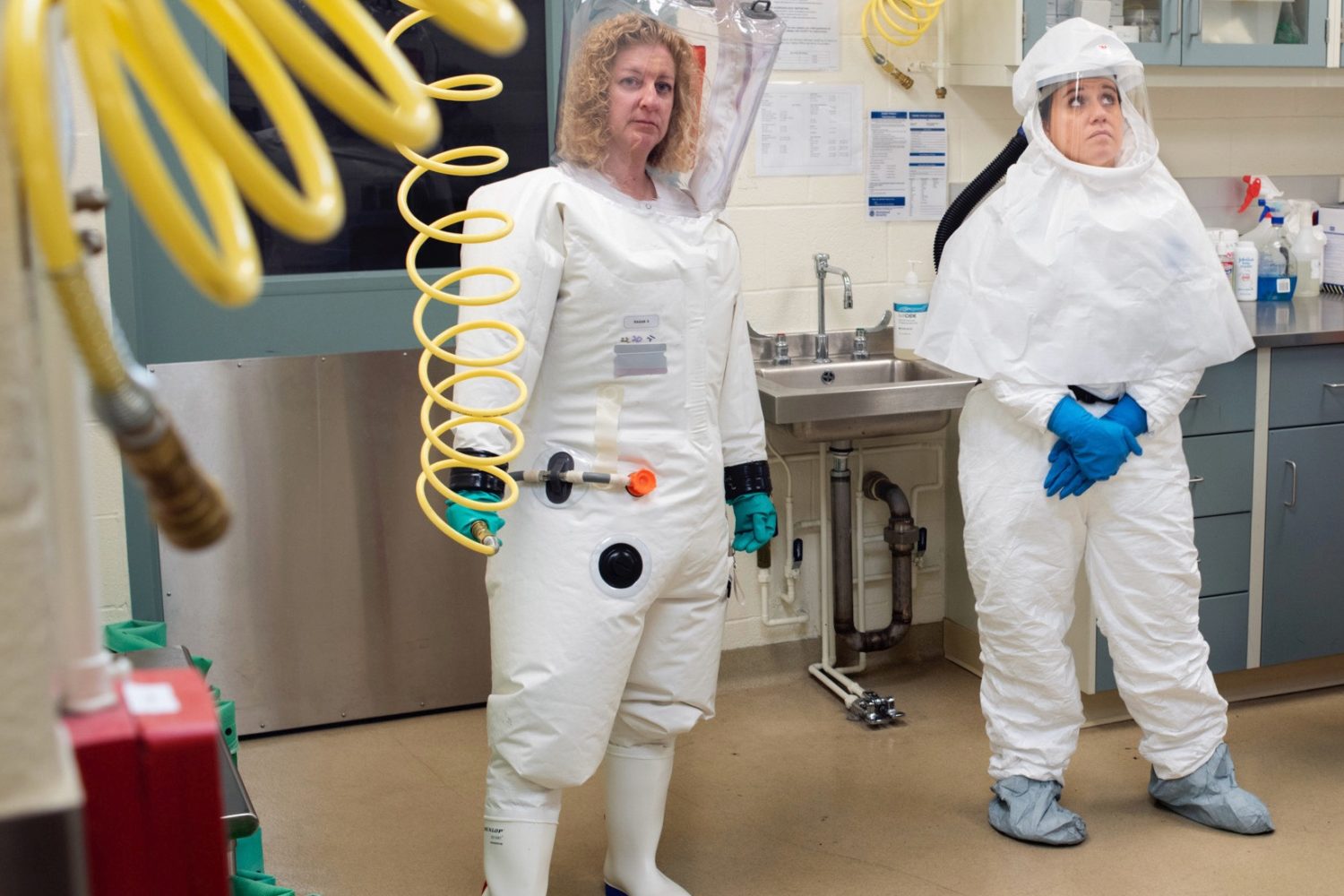About Coronavirus 2020
Washingtonian is keeping you up to date on the coronavirus around DC.
I am practicing social distancing, as are my friends and family. A Facebook acquaintance had her senior year of college come to an abrupt end, which is very unfortunate. She posted a picture of her and friends in Florida all close together. It’s also a bit awkward because she was in school to become a nurse and is entering the medical field after school. I didn’t comment on the photo because I don’t know her really, but I saw others commented on how she wasn’t being careful. She deleted every comment too. Do we have an ethical obligation to try to change her behavior?
Dr. Karen Stohr, PhD, associate professor of philosophy at Georgetown University and senior research scholar at the Kennedy Institute of Ethics at Georgetown University.
Since you don’t know her very well, I think you did the right thing by not commenting on the post. It doesn’t sound as though she would have been particularly receptive to your criticism anyway, given that she deleted other negative comments. But the bigger question is still an important one. To what extent are we entitled or even required to intervene when someone is engaged in potentially harmful behavior?
It is often disrespectful to try to change someone else’s behavior, especially when that someone else is an adult who is presumably responsible for herself and her actions. But sometimes interference is warranted, particularly when the stakes are high and we have reason to think that our efforts will be successful. Clearly the transmission of Covid-19 is a high-stakes situation. It’s much less clear whether an intervention in the form of a critical comment on social media would be successful. Indeed, it might even backfire, as it seems to have done here. If we really believe we have to interfere, we should think carefully about what strategies are most appropriate and also most likely to work.
The norms of social media are complicated and constantly evolving, making it difficult to generalize about the appropriateness of specific comments. When someone posts a picture on Facebook or Instagram, they presumably want and expect other people to react to it. Even if they are aiming for only positive feedback, they should be prepared to expect negative responses as well, especially if they know that what they’re posting is likely to be controversial. Because of that, I don’t think it would have been disrespectful to make a critical comment on this particular Facebook post. She opened up that possibility for herself when she posted the photo.
I do, however, have doubts about whether critical comments on social media posts are the best strategy for changing behavior. Public shaming can sometimes be effective, but the risk is that the target of the shaming will become defensive and close her mind to the possibility that she is in the wrong. The ultimate goal is to encourage what psychologists call prosocial behavior, or behavior that contributes to the common good. In our current situation, that means social distancing. So consider what kind of response might bring out prosocial behavior in your beach-loving Facebook friend. Maybe you could post something on her home page about how you admire her choice to enter the field of nursing, which might then remind her of her deeper moral commitments. You could also model social distancing positively in your own posts. Human beings are strongly influenced by what other people around us are doing. The more people who show the world that they’re taking social distancing seriously, the more it becomes the thing to do. This is why it’s so helpful when celebrities with huge numbers of followers set the right example. Calling your friend’s attention to all the people who are staying home might encourage her to do the same.
One last point. It’s worth keeping in mind that many young people feel considerable despair about the state of the world. If you think we’re already on an inevitable path toward climate disaster, it may be hard to see the importance of mobilizing to stop Covid-19. Fatalistic thinking reduces motivation and gets in the way of hope. What this means is that it’s crucial to focus on the ways in which we can alter the trajectory of this pandemic for the better. We can save lives and reduce the burdens on health care providers by making changes to our behaviors. We can make social distancing more bearable by reaching out to elderly or immune-compromised relatives, neighbors, and friends. We can support small businesses by buying gift cards and help people who are struggling by donating to food banks. Millennials and Gen-Zers can use their fantastic social media skills to create new ways for us to feel connected in this time of crisis. And we can make these positive contributions to the world from the comfort of our own couches. No sunscreen required.
If you have a question for the coronavirus ethicist, email lmullins@washingtonian.com

















